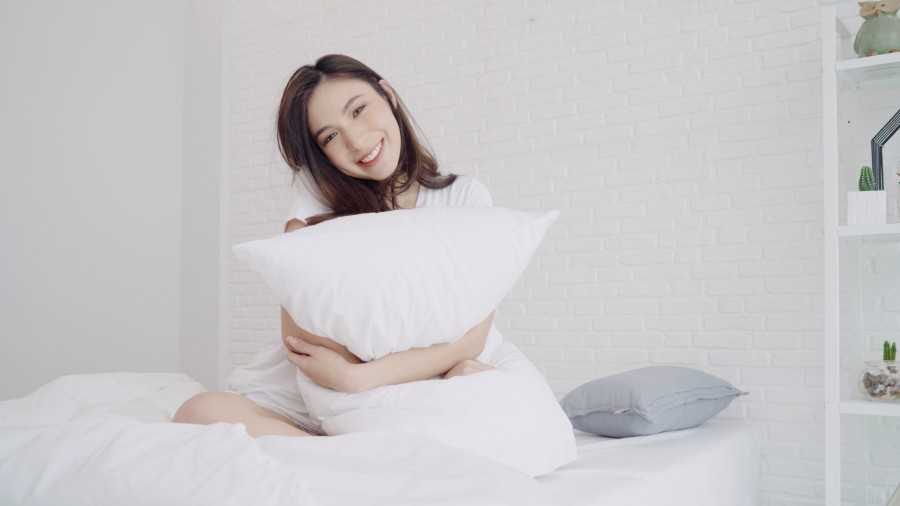From nst.com.my
ACCORDING to the World Health Organisation (WHO), an estimated 1 in 8 people globally were living with mental disorders in 2019 before the pandemic happened.
While the pandemic has, and continues to take a toll on mental health, we have the opportunity to strengthen efforts to protect and improve mental health.
Good sleep is an essential factor for mental wellbeing. All of us may have experienced sleep problems before, from difficulty in falling asleep or maintaining sleep to early awakening. Sleep issues may affect sleep duration and quality.
Long standing insomnia may have a negative impact on physical and mental health, safety, relationships, as well as performance, says Sunway Medical Centre clinical psychologist, Yap Chee Khong.
Higher stimulation at night increases the likelihood of being awake despite physical tiredness.
Stimulants such as caffeine and nicotine, strenuous exercise, excitement, anxiety and excessive thoughts may induce the mind and body's level of alertness.
Moreover, overthinking about the consequences of sleepless nights and anxiety may form a vicious cycle that prolongs this stimulation.
"You may be experiencing insomnia due to conditioned stimulation, a learned reaction. When you are repeatedly exposed to the vicious cycle between overthinking and stress in bed, unhelpful thoughts and negative emotions are established," explains Yap.
As a result, you may learn to anticipate distress when going to bed, which automatically triggers stimulation.
Those who suffer from insomnia might also show behaviour that is not helpful to improve sleep. This includes:
*Going to bed early without a strong sleep drive
Given that the mind and body are not ready to sleep, you may end up tossing and turning in bed.
*Checking time frequently
Knowing how little sleep you have gotten or how little time is left to continue sleeping may contribute to stress.
*Sleeping in and taking long naps
This may disrupt the biological clock, resulting in delayed sleepiness at night.
*Eating too much before sleep
A heavy meal before sleep may increase the risk of indigestion and heartburn, while drinking a lot of water in the evening may lead to frequent urination throughout the night.
*Drinking alcohol
Alcohol may affect sleep quality and cause sleep disruptions.
*Relying on sleeping pills
Long-term use of sleep medicine may contribute to the risk of drug dependence.
*Doing things other than sleep in bed
Worrying, planning, problem solving, or doing work in bed may condition the brain to be stirred in bed.

Steps for Sleep Improvement
Yap advises those living with insomnia to take the following steps:
*Avoid caffeine in the afternoon.
*Avoid tobacco and alcohol, strenuous exercise, and overeating three hours before bedtime.
*Organise your thoughts one hour before bedtime. List down worries and their solutions. For items that have no solution, write down when to revisit the issues.
*Engage in relaxing activities before sleep and only go to bed when there is a clear sign of sleepiness.
https://www.nst.com.my/lifestyle/heal/2022/10/840845/health-beat-insomnia-better-habits
Relaxation activities include reading and listening to music or relaxation techniques such as abdominal breathing, progressive muscle relaxation and meditation.
*Avoid stressful or emotionally charged activities such as work, unpleasant conversation or watching a horror movie before bedtime.
*Get up and do a relaxing activity if you cannot fall asleep within 30 minutes. Avoid checking the time, and tossing and turning in bed. Go back to bed only when you feel sleepy.
*Get up on time regularly. Avoid sleeping in and napping.
Yap says sleep improvement certainly requires self-discipline. It may take a few weeks to observe the effect.
Long standing insomnia can be attributed to biological, psychological, and social factors.
A clinical psychologist may conduct an assessment and provide non-pharmacological intervention to address psychological factors related to sleep issues.
No comments:
Post a Comment